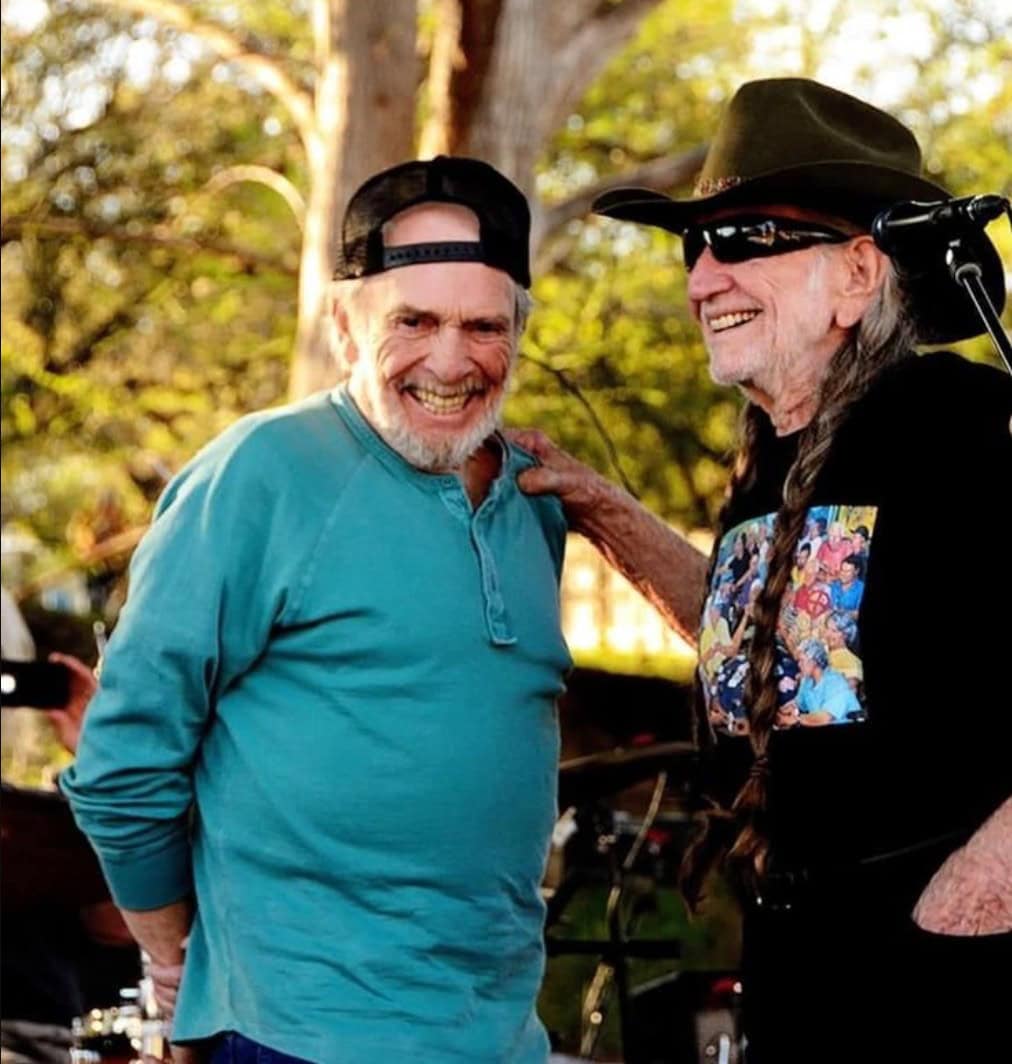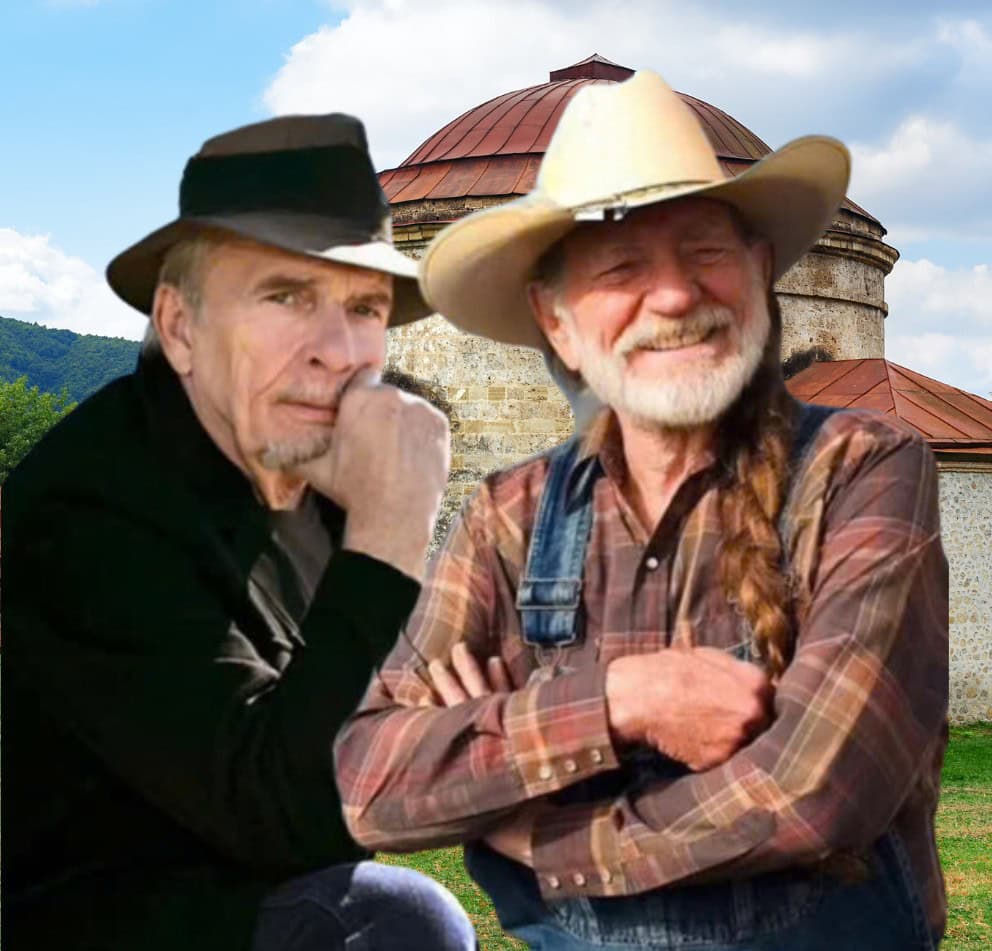Few songs in the American musical canon possess the narrative allure, emotional resonance, and haunting beauty of “Pancho and Lefty.” When two country music titans—Merle Haggard and Willie Nelson—joined forces to breathe new life into Townes Van Zandt’s 1972 masterpiece, they created something extraordinary. This version, released in 1983, remains a cornerstone of outlaw country, a genre that thrives on storytelling, raw emotion, and rebellion against convention.
At its heart, “Pancho and Lefty” is a tale of friendship, betrayal, and the mysteries of human nature. It’s a song that doesn’t merely tell a story; it invites listeners into a world steeped in dusty deserts, rugged landscapes, and the bittersweet solitude of wandering souls. With its enigmatic characters—Pancho, the dashing outlaw, and Lefty, his shadowy companion—the song blurs the line between hero and antihero. Townes Van Zandt’s original version was poetic and understated, but Haggard and Nelson elevated it with their distinct voices, imbuing the narrative with a layered depth that only seasoned storytellers could achieve.
Willie Nelson’s voice, with its unmistakable nasal timbre, carries the weight of wisdom and weariness, as though he has lived every word of the song. His phrasing lingers, stretching each lyric like a memory unfolding. Merle Haggard, on the other hand, brings a stoic gravitas to the tale, grounding it with his rich, baritone delivery. Together, their voices weave a tapestry of vulnerability and grit, perfectly complemented by a sparse yet evocative arrangement.
The instrumentation is as iconic as the vocals. From the mournful strains of the fiddle to the gentle plucking of the guitar, every note feels purposeful, drawing listeners deeper into the song’s world. There’s an almost cinematic quality to the production—imagine the open expanse of a Texan desert at sunset, with shadows stretching long and secrets hanging in the air. It’s a soundscape that feels timeless, echoing the spirit of classic westerns and age-old folk ballads.
“Pancho and Lefty” is more than a story; it’s a meditation on morality, loyalty, and the cost of freedom. Who was the villain? Who was the hero? And what truly drove Lefty to betray his companion? These questions remain tantalizingly unanswered, making the song a masterpiece of ambiguity. Its appeal lies not in resolution but in its invitation to reflect and interpret.
For an older, educated audience, the song offers rich rewards. Its literary quality—a hallmark of Van Zandt’s songwriting—is evident in the layered metaphors and evocative imagery. It’s the kind of song that grows with the listener, revealing new dimensions with each revisit. It’s also a testament to the enduring power of collaboration: how two legendary artists can take an already brilliant song and, through their unique artistry, make it unforgettable.
“Pancho and Lefty” stands as a testament to the enduring legacy of outlaw country and the profound artistry of Haggard and Nelson. Whether you’re revisiting this classic or hearing it for the first time, it’s a song that speaks to the heart and lingers in the soul.4o

